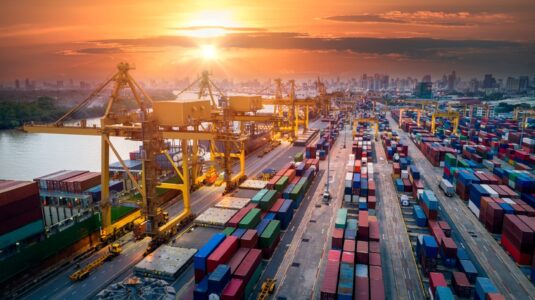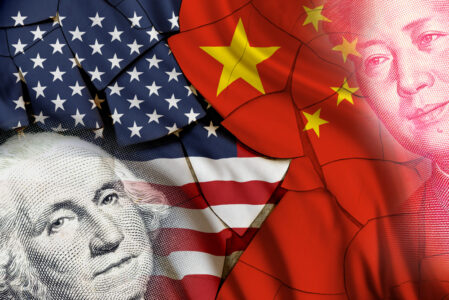Insights
Insights
Read, watch and listen to our latest market commentary and helpful guidance to help you stay informed about key financial matters.
Commentary
Read, listen and watch our latest market commentary and personal finance.
Article
Markets shrug off tariff news
Knowledge
Get more informed about your finances, with our helpful guides and knowledge hubs
Knowledge
Trumponomics, tariffs, and trade
Our latest views and commentary on how tariffs and other measures to rebalance America’s trading relationship with the world are reshaping the global economy.
Knowledge
Report: Female Founders
Female founders are on the rise. The number of female-led businesses has more than doubled over the past decade and continues to grow.
Knowledge
What happened at COP29?
In this series, we share our experts’ thoughts on the advancements, or indeed deceleration, on tackling the global challenge of Climate Change.
Knowledge
Fortune Favours: Business Owners and Entrepreneurs
Business owners face unique challenges on the journey to wealth, but help is at hand. This is your one-stop-shop for the latest commentary from our experts, inspiring stories from other entrepreneurs and in-depth research reports.
Stories
Engaging, emotional and practical stories of how we have helped our clients start conversations about their finances.
Keep calm and carry on investing
Read Jeremy's story about Linda, who opened a discretionary portfolio with us years ago, valuing our personal approach and level of communication with her. She has since brought her children into the conversation too.
Planning for the unexpected
Read Mia's story of how she helped Arthur & Rose as their situation changed when Rose started to have ongoing health problems. Opening up the conversation with their daughters helped everyone feel supported.
A world of opportunities in retirement
Read Simon’s story on how he helped his client, Andrew, see there was a world of opportunities for his retirement, which he can fully enjoy now, by including his sons in their conversations.
A family affair
Read Katie’s story of how she helped a family for over 20 years, passing on their wealth through generations and helping them understand the benefits and responsibilities that come with being relatively wealthy.















